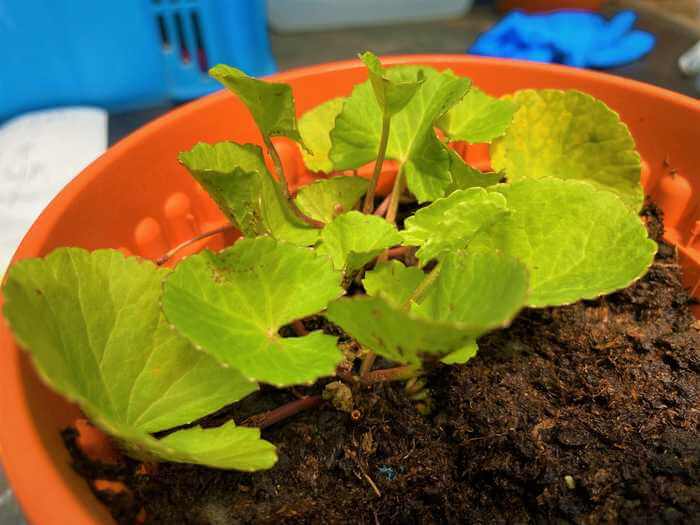A team of researchers from NTU Singapore and Singapore’s National Parks Board (NParks), led by Professor Lam Yeng Ming, Chair of NTU’s School of Materials Science and Engineering, has demonstrated that some plant species could help to remove toxic heavy metals and metalloids from contaminated soil.
This would serve as a more environmentally friendly alternative to existing industrial options to remove the heavy metals from polluted soil, which include methods such as soil washing and acid leaching. These methods can be costly and use harsh chemicals.
As the plants examined in the study are widely available and include species that are native or naturalised to Singapore, they could thus, be introduced and removed from plots of land with minimal impact to ecosystems and could lead to the development of a sustainable and environmentally friendly way of managing contaminants in soil.
The investigated elements in the study refer to heavy metals and metalloids that are potentially toxic to humans and animals, such as cadmium, arsenic, lead, and chromium. They occur naturally in soils, but rarely at toxic levels. However, they can accumulate and reach higher levels over a long period of time, as heavy metal particles from air pollution tend to accumulate and remain in the top layers of soil.
The development of this plant-based solution to improve soil quality is part of the University’s efforts to mitigate our impact on the environment, that is aligned with the NTU 2025 strategic plan, which aims to develop sustainable solutions to address some of humanity’s pressing grand challenges.

